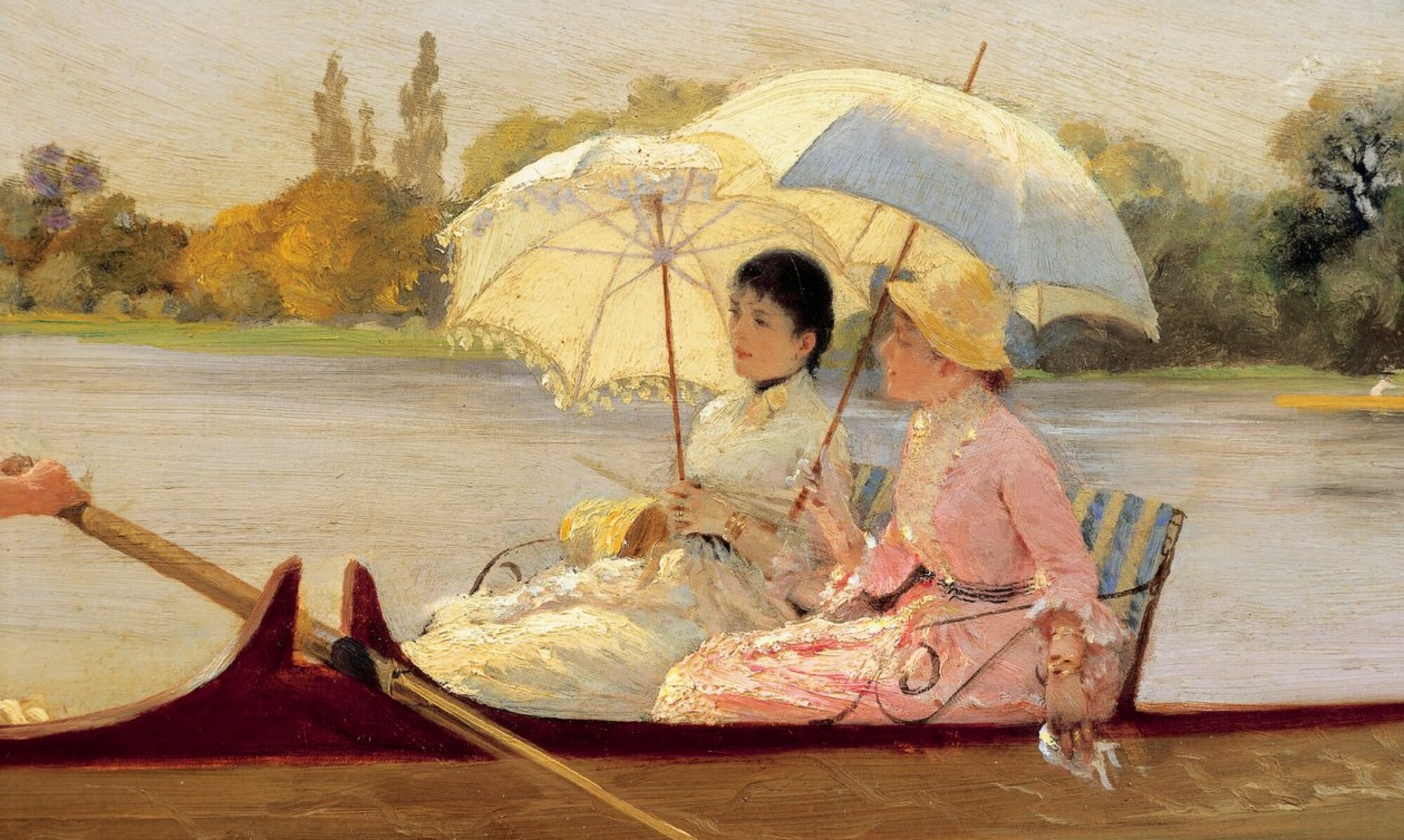I’ve received a request for more love letters! Absolutely! I’m posting an affectionate correspondence from this book:

I think the book may have been published in 1777. There isn’t a clean text version of this book, so I’ve tried my best to catch all the wild punctuation and capitalizations, as well as clean up the long Ss. Have fun!

etter One
The Assurance of Love.
Madam,
There is now no Minute of my Life that does not afford me some new Argument how much I love you. The little Joy I take in every Thing wherein you are not concerned; the pleasing Perplexity of endless Thought which I fall into, wherever you are brought to my Remembrance; and lastly, the continual Disquiet I am in, during Absence, convince me sufficiently, that do you Justice in loving you, so as Woman was never loved before.
I am, &.


etter Two
From a Lover to a young Lady, expressing his Uneasiness at being obliged to behave to her with Indifference.
Dearest Belvidera,
I hurried away from you, in order to be more with you than I could be where I then was; for your Uncle observed me in such a particular Manner, that I durst not so much as look at you: Nay, as he has a great deal of Discernment, I was afraid that very Affectation would betray me; for to be with you, and not to gaze on you, is so known an Impossibility, that a contrary Behaviour might well be suspected of Design. Consider how much a Person must endure, who, being almost famished with Thirst, beholds a clear delicious Stream, but dares not touch it, and you will be able to form some Idea of the Tortures I was in this Afternoon, when I was obliged to behave with Indifference to my dearest Belvidera. They say it is a great Addition to the Torments of Hell that the Inhabitants there are able to behold the Felicities of Heaven and cannot enjoy them and that was just my Case Today for my dearest Belvidera is my Heaven of Heavens. However, though I am absent from you, I have at least no Witness of my Passion, and the Pleasure of telling it to you only. How happy should I be could I persuade you of its real Violence, and that you are certainly the most unjust Person in the World if its Sincerity goes unrewarded.
I am your faithful Polydore.


etter Three
From Belvidera to Polydore, acquainting him that she is going into the Country.
My Polydore,
Tomorrow I set out for the Country, and with no Regret I assure you, but that of leaving you. The Person I am going to, will be no Consolation to me; and therefore if I receive any Satisfaction in my Journey, it will be entirely owing to your Fidelity. Adieu, think of me, or forever forget what I promised you.
Belvidera


etter Four
From Polydore to Belvidera, on being informed she was so ill as to be attended by a Physician.
My dearest dearest Belvidera,
Consider the Excess of my Passion, and you will be able to guess how much I was shocked on being informed of your Illness. I am extremely impatient to know what Effect the Doctor’s Medicines have had upon my dear Patient. Heaven grant he may restore you speedily! I wish it were in the Power of the Physician to give you a Medicine that would convey you into my Arms as often as I wish it; and yet my Affection is of so pure a Nature that I could patiently endure even the Pain of your Absence, if I thought the Country would be of Service to you; but I am inclinable to think the Town would agree with you full as well, in this inclement Season: But of this you are better able to judge. But give me leave to make one Request, which is, that you will take care of yourself, for the Sake of one whose Happiness is centered in you alone.
I am, my dearest Belvidera, ever thine.


etter Five
Belvidera’s Answer
My dearest Polydore,
I am so well convinced of your Sincerity, that my Bosom shall be no longer a Stranger to you: Know then that you are the Physician of my Soul, and it is in thy Power alone to cure all the Maladies of.
Belvidera


etter Six
Polydore to Belvidera
My dearest dearest Belvidera!
I have provided a License and a Ring, to which if you have any Objection, I beg you will let me know it by the Return of the Post. But, if you approve of my Proceeding, your Silence will be a sufficient Testimony; and I will immediately repair to my dearest Belvidera, to take Possession of my only Treasure.
I am thy anxious Polydore
Bovidira not answering his Letter, he went, as he proposed to celebrate the Nuptials; and they are now extremely happy in the Possession of each other.
















